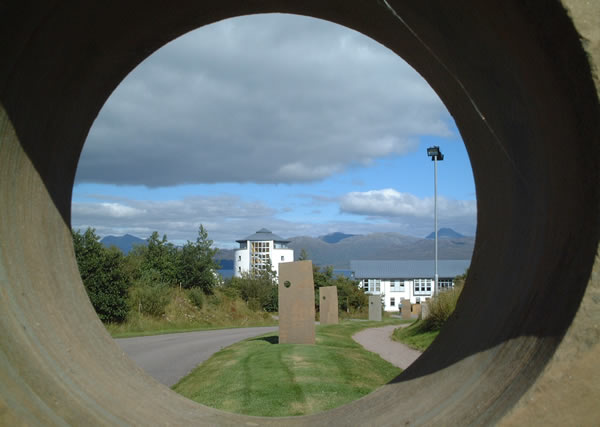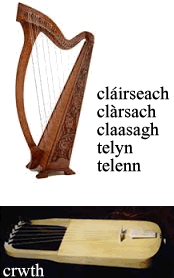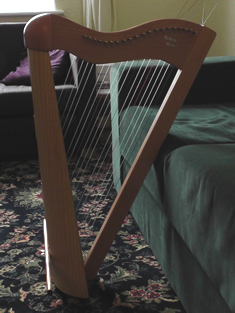When searching for a translation of a Czech song we’re learning in the Bangor Community Choir I came across the word vituperated. It’s not one I’d heard or seen before, see I had to look it up. It means “to abuse or censure severely or abusively, to berate; to use harsh condemnatory language”. It comes from the Latin vituperatus, the past participle of vituperare, from vitium (fault) and parare (to make, prepare) [source].
The song in questions is called Okolo Hradišťa – here are the lyrics and a translation:
Okolo Hradišťa voděnka teče
Ide k nám šohajek, cosi ně nese
Nese ně lásku svázanú v šátku
Milovala sem ťa, zlatý obrázku.Milovala sem ťa bylo to špásem
Nevěděl šohajek, že falešná sem
Falešná byla švarná dívčina
Nevěděl šohajek, jaká příčinaTa moja príčina taková byla,
že mě mamulka velice lála.
Nelaj ně, mamko, ide k nám Janko,
mosím mu nachystat za širák pérko.
Source: http://www.karaoke-lyrics.net/lyrics/hradistan/okolo-hradista-185143
There is a stream of water flowing past Hradisca (a name of a village);
A boy is coming to us and he is bringing something for me;
He brings me his love, tied up in a scarf;
I loved you, my golden picture.I loved you but it was just for fun,
the boy did not know that I am was not true to him.
The girl was false
and the boy did not know what was the reason for it.My reason was
that my mum kept telling me off (vituperated me a lot).
Don’t tell me off (vituperate me), mother, Janko (boy’s name) is coming
I have to prepare a feather for him to put on his hat.
Sources: Proz.com and AllTheLyrics.com.
Here’s an arrangement of the song like the one we’re doing in choir (others are available):
I can’t find any information about Hradišťa/Hradisca. Does anybody know where it is?


